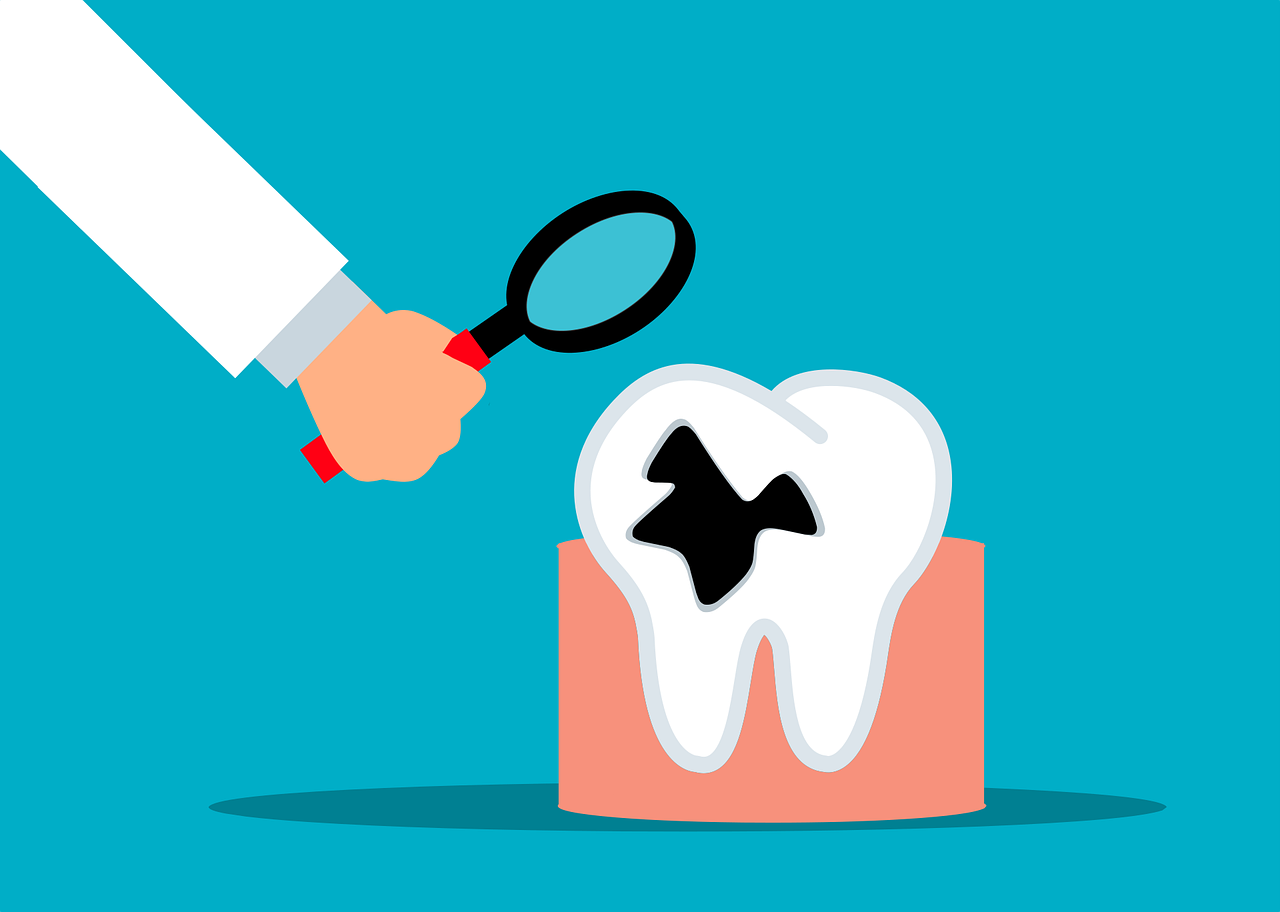Let’s talk about something a bit annoying—but kind of important too. Cavities.
If you’re in your 20s or early 30s and suddenly sitting in a dentist’s chair more often than you did as a kid, you’re not alone. A lot of young adults are dealing with tooth decay, and it’s becoming way more common than it used to be.
Strange, right? Weren’t cavities supposed to be a childhood thing?
Well, not anymore.
Here’s a closer look at why young adults are getting cavities more than kids in 2025 from the best dentist in Nagpur—and honestly, it’s not just about forgetting to brush.
7 Reasons Why Young Adults Are Getting Cavities More Than Kids in 2025
1. Kids Have Stricter Supervision
When you’re a kid, your parents are always checking if you brushed your teeth. They buy the toothpaste. They drag you to dental check-ups, whether you like it or not.
But once you move out? It’s all on you.
- You skip brushing because you’re tired.
- You eat late-night snacks and forget to rinse.
- Dental visits? Maybe once every few years (if that).
That kind of freedom sounds great—until your teeth start paying the price.
Real talk: Being responsible for your health isn’t as easy as it sounds. Especially when life gets busy.
2. More Sugary Drinks, Less Water
Let’s be honest. Most of us drink way more coffee, bubble tea, energy drinks, or diet sodas than plain water.
And yeah, even the sugar-free stuff can still hurt your teeth.
- The acid in sodas wears down enamel.
- Coffee stains and dries your mouth.
- Sugary drinks feed the bacteria that cause decay.
Kids? They’re usually stuck with water and juice. And parents are still checking labels.
But young adults? We’re buying whatever tastes good and keeps us awake during a long workday. Even if it’s doing slow damage to our teeth.
3. Stress and Poor Sleep Mess with Oral Health
This one’s sneaky.
You’re juggling work, side hustles, social life, maybe college, or moving cities. You’re tired, anxious, and always short on time.
That stress shows up in weird places:
- Grinding your teeth at night
- Dry mouth from anxiety or medications
- Skipping meals, then binge-eating snacks
Stress can change how your body protects itself—including how it fights off bacteria in your mouth. Add bad sleep and a poor diet into the mix. More cavities.
Kids don’t usually deal with this level of pressure.
Adults do. And our teeth feel it.
4. Oral Hygiene Takes a Backseat
Let’s be real. You’re not brushing for two minutes, twice a day, with proper technique, and flossing regularly, are you?
Most people aren’t.
Young adults are often rushing through routines:
- Brushing once a day, maybe in the morning
- Rarely flossing
- Using cheap or expired toothpaste
- Skipping mouthwash
It’s not laziness. It’s just… priorities shift. You’re focused on bills, deadlines, dating, or whatever. Dental hygiene isn’t top of the list.
Kids? Their brushing routine is a part of their bedtime ritual.
5. Delayed Dental Visits (Until It Hurts)
You probably don’t see a dentist unless something’s wrong, right?
That’s a common trend.
- You ignore the mild tooth pain.
- You skip cleanings for years.
- You search for home remedies online instead of booking an appointment.
Why? Sometimes it’s about money. Or time. Or just forgetting.
But the thing is, small cavities turn into big problems really fast.
Kids? They’re often taken for cleanings twice a year. Preventive care is part of their routine. That helps catch early decay before it gets serious.
Young adults? Not so much.
6. Hidden Sugar in ‘Healthy’ Foods
Here’s the trap: you start eating “better” as an adult. Smoothies, granola, oat milk, protein bars. They sound healthy, right?
But many of them are loaded with sugar.
- That post-workout protein shake? Tons of sweeteners.
- Oat milk latte? Has more sugar than you think.
- Granola bars? Often just candy in disguise.
You eat these thinking you’re making good choices. But the sugar still feeds the bacteria that cause cavities.
Kids mostly eat what their parents give them. And a lot of schools and households are cutting down on sugar now.
Young adults? We trust the label. But marketing isn’t always honest.
7. More Medications, Less Saliva
This is one people rarely talk about.
A lot of young adults take meds for anxiety, depression, allergies, or even birth control. And a lot of these reduce saliva.
Dry mouth sounds like a minor issue—but saliva is super important for your teeth.
- It washes away food particles
- It neutralizes acids
- It protects enamel
Less saliva = more bacteria + more acid = more cavities.
Kids usually aren’t on regular meds. Adults often are. That alone can make a big difference in dental health over time.
So, What Can You Do About It?
Let’s keep this practical.
You don’t need to overhaul your entire lifestyle overnight. But a few small things can help:
- Brush properly: Twice a day, two minutes, soft toothbrush, fluoride toothpaste.
- Floss: It’s annoying, but it works. Get those bits your brush misses.
- Drink more water: Especially after eating or drinking something sweet.
- Cut down on sugary drinks: Try replacing one per day with water or plain tea.
- See a dentist twice a year: Even if your teeth feel fine.
- Check your meds: Ask your doctor or dentist if they could be causing dry mouth.
- Use mouthwash: Go for one with fluoride and no alcohol.
None of this is groundbreaking advice. But doing even a few of these consistently makes a real difference.
As a practicing dentist in Nagpur, I see this pattern every week.
College students. Young professionals. People in their late 20s and early 30s.
They come in surprised that they suddenly have 4-5 cavities. Most of them had zero as kids. So what changed?
Everything.
From lifestyle habits to stress to diet to meds—this stage of life is just harder on your teeth.
But the good news is: that you can turn it around. You don’t have to live with bad teeth just because you’re getting older.
Start small. Stay consistent. Pay attention to what you eat, drink, and how you take care of your mouth.
And don’t wait until something hurts.
Why This Matters for You
If you’ve been wondering why you’re getting more cavities now than when you were a kid, you’re not alone—and you’re not doing anything “wrong.”
But now that you know why young adults are getting cavities more than kids, you can start doing a few things differently.
Your future self (and your future dental bill) will thank you.


